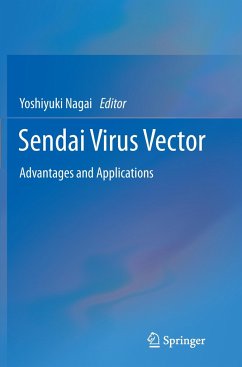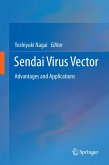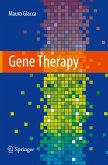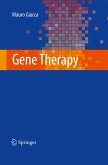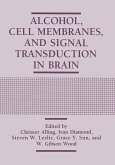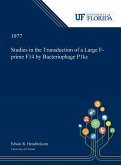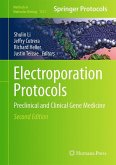Sendai virus (SeV) is not just a mouse pathogen but is evolving into a cutting-edge component of biotechnology. SeV reverse genetics originating from a pure academic need to settle long-held questions in the biology and pathogenicity of nonsegmented negative strand RNA viruses (Mononegavirales) is about to bear the impressive fruit of multipurpose cytoplasmic (non-integrating) RNA vectors. This book brings together in one source the SeV biology revealed by conventional approaches and reverse genetics, the methods to construct the first-generation SeV vector and to generate safer versions, and the applications in medical settings that have left or are about to leave the laboratory bench. The applications, which already are diverse and have high medical impact, include use as vaccine vectors against AIDS and respiratory virus infections, creation of BioKnife to resect malignant tumors, induction of "footprint (transgene) free" pluripotent stem cells, and gene therapy for peripheralarterial disease. These achievements-which are just a few of many examples-were attainable only after rigorously incorporating the rich knowledge of SeV biology that has accumulated during the several decades since the discovery of the virus. Application of SeV vector is certain to expand greatly because of its extremely high performance in transgene expression and its remarkable target cell breadth.
Bitte wählen Sie Ihr Anliegen aus.
Rechnungen
Retourenschein anfordern
Bestellstatus
Storno

